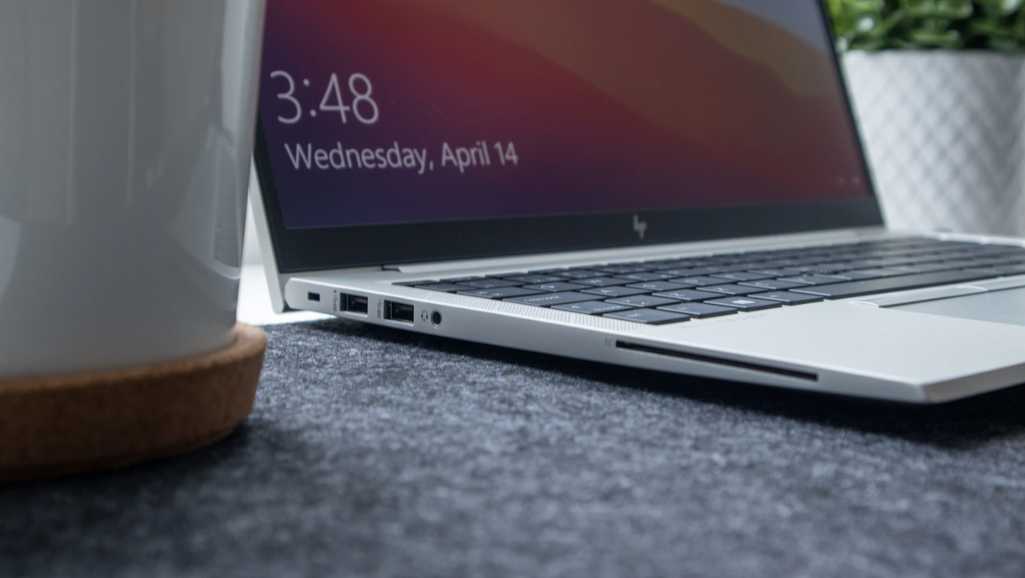
How To Fix Very Loud Laptop Speakers?
Experiencing issues with your laptop’s speaker can range from minor inconveniences to major disruptions, especially when the problem is excessively loud volume. Whether it’s during

 When experiencing crackling sounds from your laptop speakers, it’s crucial to verify that the speaker wires and connections are properly secured. Loose or improperly connected wires can often be the culprit behind audio distortions. Follow these steps to ensure your connections are in good shape:
When experiencing crackling sounds from your laptop speakers, it’s crucial to verify that the speaker wires and connections are properly secured. Loose or improperly connected wires can often be the culprit behind audio distortions. Follow these steps to ensure your connections are in good shape:
Addressing loose cable connections promptly can prevent further damage. For instance, a binding post connection may simply require re-inserting the wire and tightening it with a screwdriver. However, if you encounter a broken connector plug, re-soldering the end may be necessary.Remember, persistent crackling could indicate systemic issues, such as corrosion, which may lead to irreparable damage if not addressed.
It’s important to handle connections with care to avoid further damage. Use appropriate tools and follow manufacturer guidelines when making adjustments.If the problem persists after checking and securing the connections, consider consulting a professional. Sometimes, the issue may lie within the amplifier itself, requiring technical expertise or replacement of specific parts.
Remember, persistent dirt can lead to systemic corrosion, which may cause irreparable damage to your speakers.After cleaning, check the connections for any signs of physical damage. If damage is found, it may be necessary to contact technical support for repair options. Once everything is clean and intact, reconnect your speakers and test the sound to ensure the crackling has been resolved.

It’s important to test each format after selection to determine which works best for your system. If changing the sound format doesn’t resolve the issue, consider disabling any audio enhancements as they can sometimes interfere with sound quality.Remember to also check the volume settings for individual applications, as they may have their own audio configurations that contribute to the problem.
Remember, working with electronics requires caution. Always ensure your laptop is turned off and unplugged before attempting any repairs.If after inspecting and potentially replacing the wires the issue persists, it may be due to a more complex problem within the speaker system itself. In such cases, professional assistance might be necessary.
Ensuring that the sound is evenly distributed between the left and right speakers is also essential. Imbalances can contribute to the perception of crackling or poor sound quality.
 Ensuring that your laptop’s physical connections are secure is a critical step in resolving speaker issues. Check all audio ports for any signs of damage or dust build-up, and use a can of compressed air to clean the ports if necessary. Damaged or frayed cables can also be a culprit; inspect them carefully and consider replacing them if they appear compromised.
Ensuring that your laptop’s physical connections are secure is a critical step in resolving speaker issues. Check all audio ports for any signs of damage or dust build-up, and use a can of compressed air to clean the ports if necessary. Damaged or frayed cables can also be a culprit; inspect them carefully and consider replacing them if they appear compromised.
A simple yet often overlooked solution is to restart your laptop. This can clear temporary glitches affecting audio output.If after these checks the crackling persists, it may be time to delve deeper into the hardware or consult with technical support. Loose internal wiring or worn out soldering inside the speakers could be to blame, and these issues may require professional attention.
The integrity of the digital audio signal is crucial for clear sound output. Any hindrance in data transfer can manifest as audio distortions, affecting the listening experience.To mitigate these interruptions, consider the following steps:
To fix a crackling speaker sound, you must check the speaker wires and the connections for damage, wear, or dirt/debris.Addressing overloading and dust within the speaker setup is essential. Overloading speakers with excessive power can lead to audio crackling, especially at high volumes. Implementing regular cleaning and adjusting audio settings to manage power levels can help prevent these issues. Here’s a quick checklist to ensure your connections are in good shape:
Adjusting these settings can significantly improve sound quality and resolve minor issues. For instance, disabling system sounds can prevent unexpected noises from interrupting your audio experience. Additionally, checking for interference from other electronic devices is a wise step to eliminate potential sources of crackling.Remember, if you’re using Windows 10, specific guides like ‘Optimising Windows 10 for Audio’ by Focusrite recommend disabling system sounds to minimize distractions. Searching for the Control Panel in the start menu, selecting ‘Hardware and Sound’, then ‘Sound’, and finally the ‘Sounds’ tab where you can modify the sound scheme.
It’s important to regularly test your speakers to catch any issues early. This can prevent long-term damage and maintain sound quality.Remember, even after configuring, issues may persist. If this happens, further investigation into hardware or software problems may be necessary. Testing isn’t just a one-time process; it’s part of ongoing maintenance to ensure your listening experience remains top-notch.

Experiencing issues with your laptop’s speaker can range from minor inconveniences to major disruptions, especially when the problem is excessively loud volume. Whether it’s during

Laptop speakers are an essential component for enjoying multimedia content, but they can sometimes develop issues such as buzzing sounds. Troubleshooting and fixing these issues

Having trouble with your laptop’s sound not working can be frustrating, but there are several troubleshooting tips you can try to resolve the issue. From
|
*We are OPEN on 3 May 2025 (Polling Day). CLOSED ON 1 May 2025 (Labour Day) |